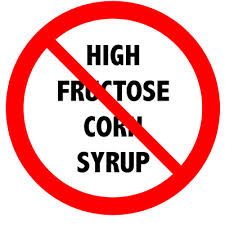Are you a sugar addict? Scientists say high fructose corn syrup is as addictive as cocaine – but you may not even know you’re eating it
By Daily Mail Reporter
Canadian researchers have found that high-fructose corn syrup can cause behavioral reactions in rats ‘similar to those produced by drugs of abuse, such as cocaine’.
Professor Francesco Leri of the University of Guelph, who carried out the research, said it suggested there was an addictive quality to foods that contain high levels of high-fructose corn syrup which could explain, at least partly, the current global obesity epidemic.
During the experiment, rats were fed foods containing varying levels of high-fructose corn syrup. They were then given access to a lever which controlled how much syrup they received. The more concentrated the syrup, the harder the rats worked to obtain it.
We have evidence in laboratory animals of a shared vulnerability to develop preferences for sweet foods and for cocaine,’ said Professor Leri, an addiction expert.
‘There is now convincing neurobiological and behavioural evidence indicating that addiction to food is possible.’
The new findings are part of a growing field of investigation into the effects of high fructose corn syrup, which has been blamed for everything from the obesity epidemic to diabetes and liver disease.
Research from Princeton University in 2010 found that rats fed on a sugary diet became nervous and anxious when the sugar was removed. They were thrown into a state of anxiety similar to the kind of stress that people feel during withdrawal from drugs like nicotine and even morphine.
Professor Bart Hoebel and his team in the Department of Psychology and the Princeton Neuroscience Institute have been studying signs of sugar addiction in rats for years.
‘If bingeing on sugar is really a form of addiction, there should be long-lasting effects in the brains of sugar addicts,’ Hoebel said.
‘Craving and relapse are critical components of addiction, and we have been able to demonstrate these behaviors in sugar-bingeing rats in a number of ways.’
Read more: http://www.dailymail.co.uk

